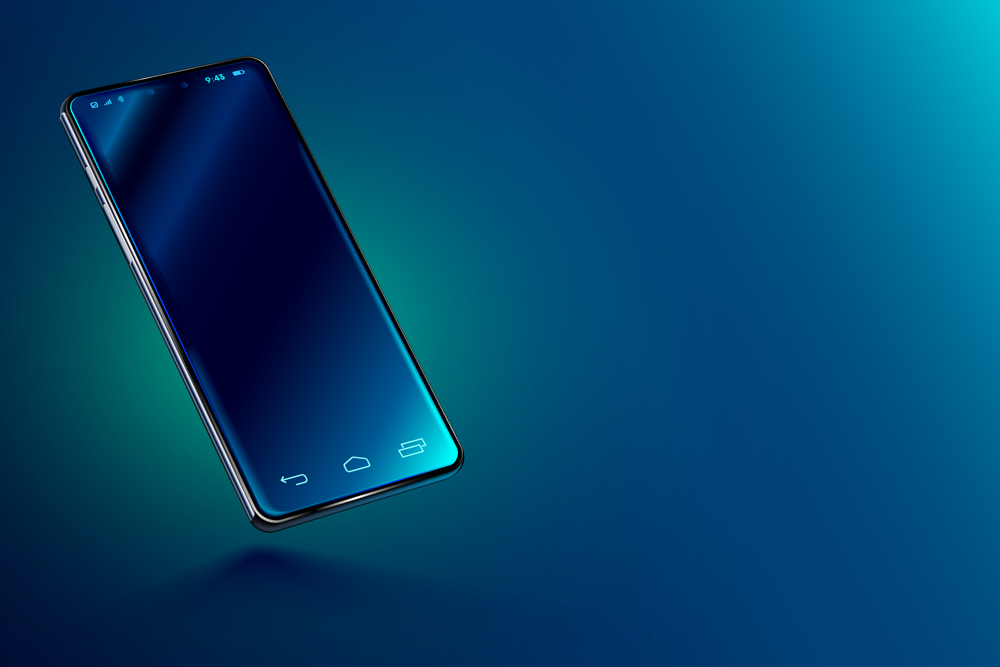Should You Still Buy A Huawei Phone?
2 July 2021
Huawei’s range of smartphones have become an increasingly popular choice for tech lovers around the world, with the notable exception of the US – in fact, the company sells more smartphones than anyone other than Samsung.

This meant it came as something of a shock for millions of users when Google announced that it was restricting access to many of its apps – a consequence of an executive order banning US firms from supplying services to the Chinese manufacturer.
As with Samsung phones, Huawei devices run Google’s Android operating system, meaning that many users have come to rely on popular Google apps such as Maps, Youtube, Gmail, and the Chrome browser.
While these apps won’t disappear from user’s phones, Huawei owners may no longer (or for much longer) be able to use Google’s Play services to receive updates.
Over the past year, the US Government – and specifically president Donald Trump – has grown increasingly hostile towards the Chinese manufacturer, citing concerns over security due to its close links to the Chinese government and military.
Further confusion was caused when Trump appeared to say that although the restrictions on dealing with Huawei were due to it being a security threat, they could be removed as an incentive during negotiations around a trade deal with the Chinese government.
As Huawei’s phones aren’t officially available in the US, this post is mainly aimed at readers in Europe, where Huawei has seen tremendous success in recent years, and other parts of the world where their phones are readily available and packaged with monthly tariffs by major mobile operators. Huawei users in China, where Google’s services are largely blocked anyway, will be mostly unaffected.
In the UK, carriers EE and Vodaphone have both dropped plans to provide the Huawei Mate X 5G from their line up of devices which will access their upcoming 5G mobile networks. EE’s parent company, BT, said this was because it is unsure what level of support it will be able to offer in the future to their customers who buy Huawei handsets through them.
In these markets, and others such as Japan where carriers have announced a scaling back of support for the devices, owners are likely to see a reduction in the level of service available to them from Google apps, as updates can no longer be applied.
The US Government’s crusade against Huawei is often seen as part of a broader trade war which is ongoing between the two countries and has seen punitive 25% trade tariffs applied to certain products imported from China to the US.
Initially, it targeted commercial and industrial equipment supplied by Huawei. Supposedly “friendly” countries such as Germany and the UK were told that intelligence sharing arrangements with the US could be at risk unless steps were taken to stop the use of Huawei equipment in carrier networks.
Moving on to targeting consumer devices is a new and unprecedented step which could, in theory, leave millions out-of-pocket by removing essential functions from their handsets, which can cost upwards of $1,000.
This is an ongoing story which is unlikely to be resolved any time soon – following Google’s decision, the US Commerce Department announced a 90-day “temporary licence” for suppliers to continue working with Huawei while matters are resolved. However, this wasn’t enough to prevent Google from removing Huawei devices from its Android Enterprise Recommended list, which recommends devices that companies can supply to employees.
Although this means that Huawei phones should continue to receive application and security updates in the short term, in the longer term, the situation is less clear. This makes it hard to recommend buying Huawei devices (particularly the more expensive premium models) at this stage.
Potential solutions include Huawei developing and releasing its own open-source operating system, and its own apps – as is done by Apple – bypassing its users’ need to run Google’s apps in the first place. Given the turbulent and changing relationship with the US Government, it’s a safe bet that it is taking these steps as we speak, even if merely as a precautionary measure.
Of course, one of the key selling points of Huawei’s high-end handsets is the quality of its cameras, and if you’re one of the many people considering getting one mainly because of this, it’s possible that these latest developments won’t change your mind.
For everyone else, it may be worth holding on until the end of August before making an expensive purchase or tying yourself into a long-term contract commitment, to see where the pieces land when the 90-day temporary licence expires.
Related Articles
AI And The End Of Progress? Why Innovation May Be More Fragile Than We Think
By now, “smart” versions exist of just about every home appliance, gadget and gizmos we can think of. However, manufacturers continue[...]
Dreamforce 2025: Why I’m Excited About Salesforce’s Agentic Enterprise Revolution
By now, “smart” versions exist of just about every home appliance, gadget and gizmos we can think of. However, manufacturers continue[...]
The Top 5 Technology Trends For 2026
By now, “smart” versions exist of just about every home appliance, gadget and gizmos we can think of. However, manufacturers continue[...]
Dreamforce 2025: Why I’m Excited About Salesforce’s Agentic Enterprise Revolution
By now, “smart” versions exist of just about every home appliance, gadget and gizmos we can think of. However, manufacturers continue[...]
Robots And AI Are Rewriting The Future Of Surgery
By now, “smart” versions exist of just about every home appliance, gadget and gizmos we can think of. However, manufacturers continue[...]
Space, AI, And The Future Of Human Potential
By now, “smart” versions exist of just about every home appliance, gadget and gizmos we can think of. However, manufacturers continue[...]
Sign up to Stay in Touch!
Bernard Marr is a world-renowned futurist, influencer and thought leader in the fields of business and technology, with a passion for using technology for the good of humanity.
He is a best-selling author of over 20 books, writes a regular column for Forbes and advises and coaches many of the world’s best-known organisations.
He has a combined following of 4 million people across his social media channels and newsletters and was ranked by LinkedIn as one of the top 5 business influencers in the world.
Bernard’s latest book is ‘Generative AI in Practice’.










Social Media